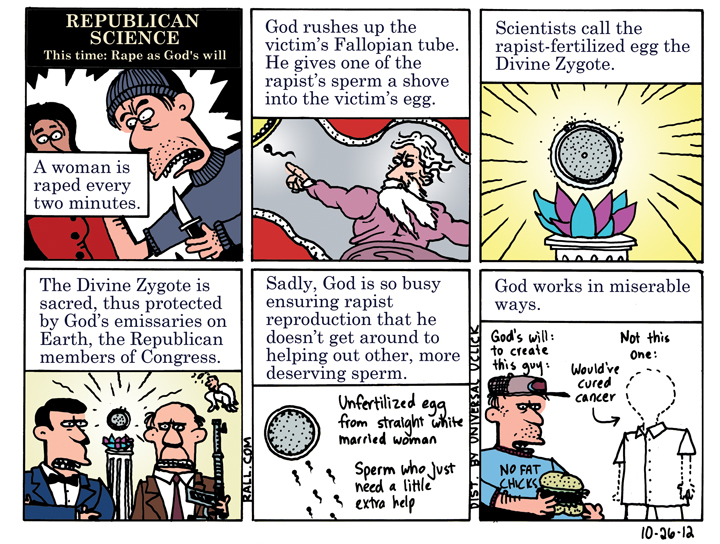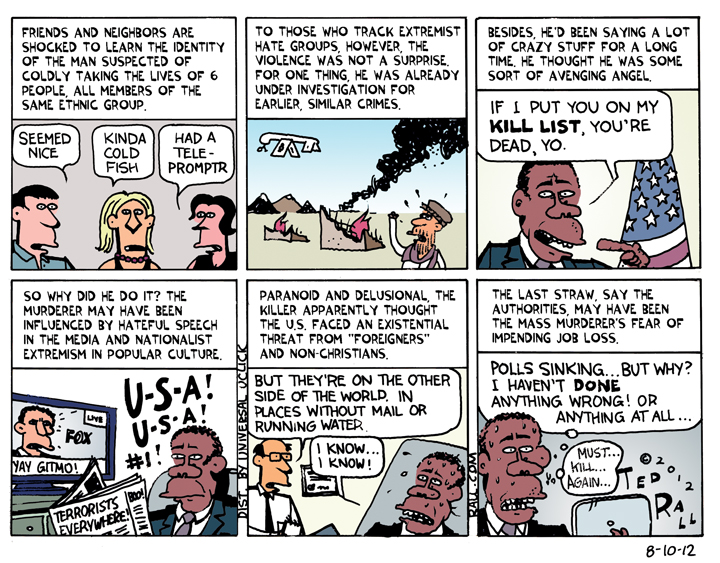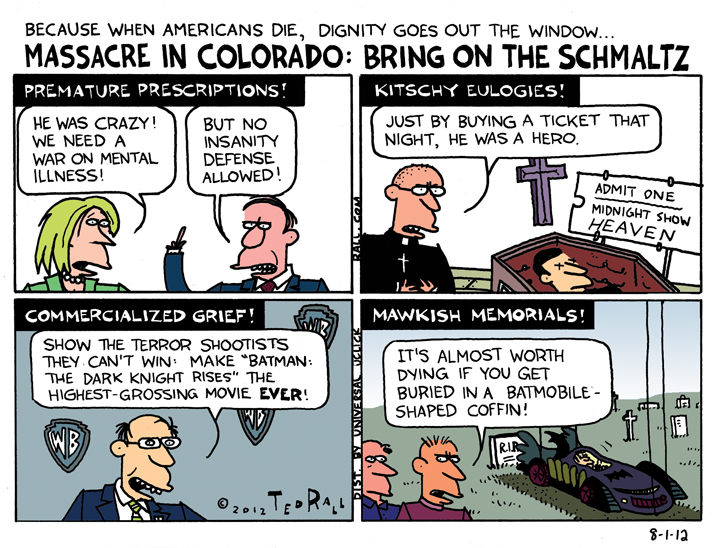As Hurricane Victims Freeze, Billionaire Mayor Gives Away $1 Billion to Wealthy Med School
New York City Mayor Michael Bloomberg made headlines over the weekend with his announcement that he has donated $345 million to Johns Hopkins University. Added to his previous donations, the media baron has given his alma mater over $1 billion – the largest charitable contribution to an educational institution in US history.
Bloomberg received plaudits for his generosity by the usual media sycophants. Along with death and taxes, another thing you can count on is being told to be grateful when masters of the universe give away some of their loot (even if none of it goes to you.) As pundits fawned, thousands of New Yorkers – residents of Queens whose homes got damaged by superstorm Sandy – were shivering under blankets in heatless homes in 15° weather because restoring electricity and housing storm victims isn’t one of the mayor’s top priorities.
Disgusting.
This was a man, New Yorkers remember, who wanted the mayoralty so badly that he subverted the people’s will, bribing and bullying the City Council into overturning term limits passed by an overwhelming majority so that he could keep the job a third term.
No one should claim that he didn’t want responsibility for those poor cold slobs out in the Rockaways.
If there’s anything more nauseating than watching this rich pig bask in the glow of his philanthropy while the citizens he is tasked with caring for turn into popsicles, it’s the failure of anyone in the system – columnists, local TV anchor people, even Bloomberg’s political rivals – to call him out. For $345 million the mayor could have put his city’s storm victims up at the Four Seasons for years.
Bloomberg’s donation to one of the wealthiest universities on earth, with an endowment of $2.6 billion, serves to remind us that philanthropy is evil.
You could argue that generous rich people are better than cheap rich people. And if you like the way things are, with the gap between rich and poor at record levels and spreading – you’d be right. But most people are not happy with our winner-take-all economy.
No one deserves to be rich. And no one should be poor. Everyone who contributes to society, everyone who works to the best of their skills and abilities, deserves to earn the same salary. Of course, I realize that not everyone adheres to such basic Christian – er, communist – principles. (Anyone who denies that Jesus was a commie never cracked open a Bible.)
But most people – certainly most Americans – agree there’s a line. That too much is too much. People like Michael Bloomberg and Steve Jobs and Bill Gates may have worked hard and created products that consumers purchased in great numbers – but no one can work $25 billion hard (Bloomberg’s estimated net worth). There aren’t that many hours in the day; the human skull doesn’t contain enough synapses; no idea is worth that much.
One of the big problems with charitable giving is that it mitigates the injustice of inequality: sure, maybe it’s a little crazy that Bloomberg has 11 luxurious homes while people are starving to death and sleeping outside, but at least he’s generous. He’s giving it away. The implication, that the chasm between rich and poor isn’t that bad, is a lie. It’s also evil: If inequality isn’t that bad, it’s not important to talk about – much less fix.
“For many people, the generosity of these individuals who made so much money eliminates the problem that wealth poses, inequality poses, in the society,” says Robert Dalzell, author of “The Good Rich and What They Cost Us.” “We tend to conclude that such behavior is typical of the wealthy, and in fact it’s not…This whole notion of ‘the good rich’ I think reconciles us to levels of inequality in the society that in terms of our democratic ideology would otherwise be unacceptable.”
It’s better for society when rich people are unlikeable jerks like Mitt Romney. Knock over old ladies, stiff the waitress, talk with a pretentious fake British 19th-century accent, install a car elevator. Bad behavior by our elite oppressors hastens the revolution.
Bloomberg’s billion-dollar gift to a school that doesn’t need a penny illustrates the inherent absurdity of capitalism: aggregating so much wealth and power in the hands of a few individuals. It’s obscene and morally reprehensible to allow a disproportional share of resources to fall under the control of the arbitrary whims of a few quirky rich dudes.
Why should National Public Radio, which received a $200 million bequest by the widow of McDonald’s founder Ray Kroc, get all that cash while the Pacifica radio network – more avant-garde, better politics – teeters on the edge of bankruptcy? It’s nice that the Bill and Melinda Gates foundation fights AIDS in Africa, but who are Bill and Melinda Gates to decide that AIDS in Africa is worse than, say, diarrhea, which kills more people? It’s amusing to hear that the heir to a pharmaceutical fortune gave $100 million to an obscure poetry journal – but again, people are sleeping outside. Why not musicians? Or cartoonists?
People are dying because they can’t afford treatment by a doctor. People have been convicted of crimes they didn’t commit and executed because they couldn’t afford a competent lawyer to defend them.
If a government agency were allocating public funds based on the personal whims of its director, there would be a scandal. Under the veil of “philanthropy” billions of dollars that could help millions of people are being spent in a haphazard manner – and we’re supposed to applaud because it’s up to the “private sector”?
In an ideal world no one would have that kind of power. We’d be as equal as the Declaration of Independence declares us to be. We’d make decisions about who to help and what problems to try to fix collectively. The most unfortunate people and the worst problems would get helped first –long before Johns Hopkins.
Our world isn’t perfect. But it is our duty to do everything in our power to make that way. Toward that end, billionaires like Michael Bloomberg ought to have their assets confiscated and redistributed, whether through revolutionary political change or – for the time being – high taxes.
If we can’t pull off nationalization or truly progressive taxation, if we are too weak, too disorganized and too apathetic to form the political movements that will liberate us, the least we should do is to denounce “generous” acts of philanthropy like Michael Bloomberg’s for what they are: arbitrary and self-serving attempts to deflect us from hating the rich and the inequality they embody.
(Ted Rall’s website is tedrall.com. His book “After We Kill You, We Will Welcome You Back As Honored Guests: Unembedded in Afghanistan” will be released in November by Farrar, Straus & Giroux.)
COPYRIGHT 2013 TED RALL







